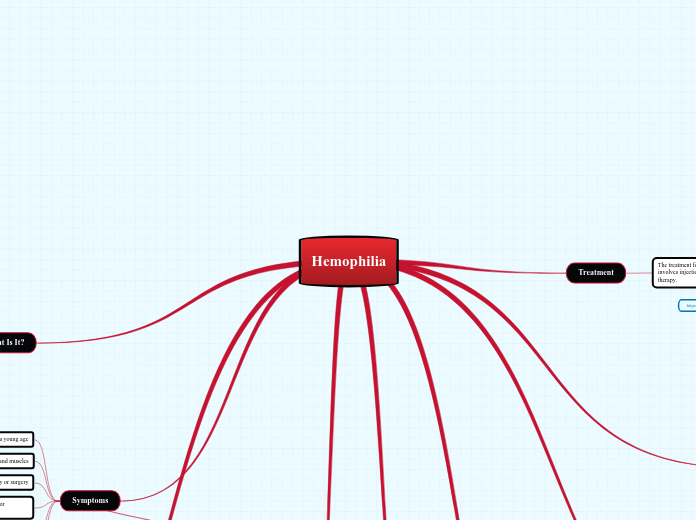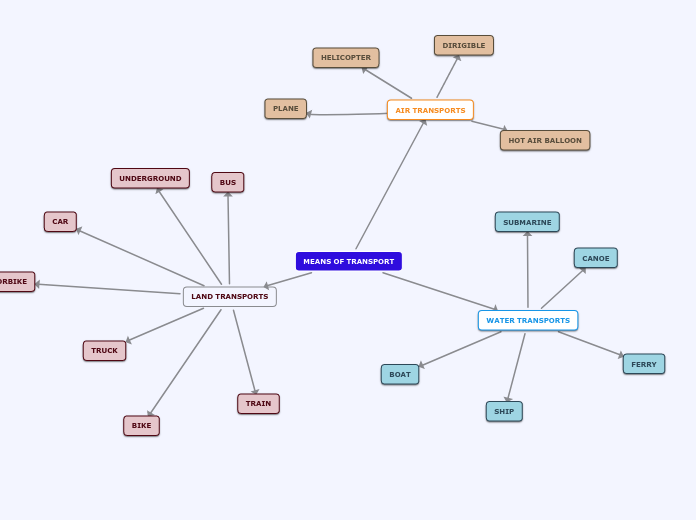My Call To Action ; Number 10
Improvements to be Made .
Reconnect Aboriginal people to their land and ensure that the connection will not be severed any further.
Aboriginal people are very spiritually connected to their land, and have had strong ties for hundreds of years. Taking this away from them or not continuing the teaching traditions throughout the generations could contribute to the 'intergenerational trauma' Joseph Boyden was referring to.
History (Where You Come From)
It is important for FN people to learn about others stories regarding their history and to share either their own or their families'. This way instead of turning to addiction or suicide which poeple often do, they can emppower eachother.
It is also important not to treat them them continuously as victims and allow them to move forward as productive members of the community. They should also all know about all and any efforts the Canadian givernment is making or is trying to make in attempts of making ammends.
Ancestry (Who You Are)
Learning about family lineage is an important factor in determining self worth as a teenager. In these crucial years of life where the teenage body and brain is still developing, it is a particulary hard time in knowing "who you are".
26% of women have lifetime of suicidal thoughts. Maybe if the education system provided more insight into family trees and connections, it can assist struggleing teens to find a sense of self worth and possible meaning and maybe even reduce this statistic to less.
Joseph Boyden talks about the "deplorable living conditions and suicide epidemic" that occured during one of the tragedies of Attawapiskat. There were 11 deaths in one night, 28 in 1 month, and 100 attempts in 7 months.
Current System in Place is Not Working.
Through increasing crime rates and percentages of incarceration among the Aboriginal communinty, more people are being failed by the government and their education system and turning towards criminal behaviour or substance abuse resulting in that.
If school was updated and more accomodating towards the needs of the FN communities then it is likely that deviant behaviour will decrease and more of these people will be able to lead a succesful life, get jobs, and have healthy relationships.
Approximately 1/4 of Canada's prison inmates are indiginous people. Differential association theory is applicablenin this way becuase if th is the amount of FN people in prsion,, and they ahve the hughest growing population in Canada, then the amount of people outside on the resevations is also significant. Judging by the fact that this is considered and intergeneartional issue and manhy people in those communities are turning to deviant behaviour, one can say that it is more likely to be associated with the deviant in this community. By associating with these people, in turn this type of behaviour is learnt and taught.
Unemployment rate is at 27.7% for First Nations individuals compared to 7.3% for those of the general population. This could possibly be due to a lack of funding and other rescources invested into the education system for Aboriginal people.
70% of FN preschoolers are in food insecure households.
Significantly more low income families are first nations compared to non.
A possible theory that could be applied to this relationship is that of structural functionalism in that it outlines that ways that society functions based on the institutions in a community. If all instituationos are functioning properly and working togetether that means that society will also be able to function properly, but if not and a link in the chain is broken then it will not cohesively work together.
From 2010-2011 almost $3500 more was spent on provincial school funding than FN school funding.
Conflict theory is applicable because it refers to the social classes that have to interact becuase of the competetion for resources power and equality. If all resources and funding are being invested in provincial school systems, that ofcourse that exclusion towards First Nations will be apparent.
A total of only 36% of Aboriginal teens have completed their high school education, compared to 84.6% of provincial teens with their high school diplomas.
Considering the demographic changes in the Aboriginal communities, there are much higher numbers of teenagers as this is the highest growing population in Canada. With this fact if there is no funding going into larger schools and more technology, devices (if any) then higher rates of incomplete educations will become apparent.









